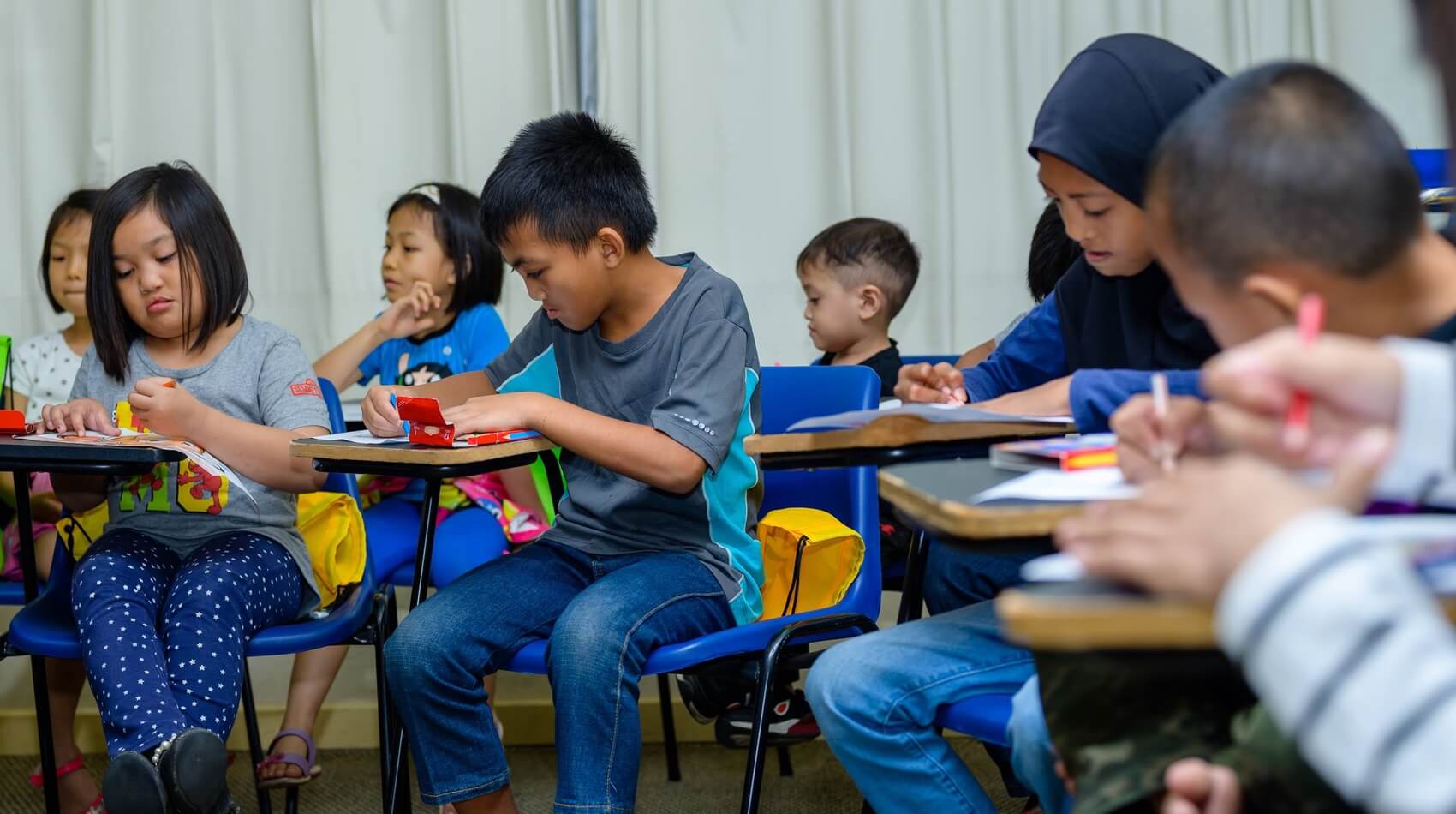There are some of the things to be aware of and considered in managing individuals with cleft.
1. Feeding
Please refer to CLAPAM pamphlet on Feeding Guide for information on feeding.
2. Combined Cleft Clinic (CCC)
CCC is a special clinic where relevant medical, dental and support disciplines are made available in one sitting to manage cleft cases (see overleaf for list of specialists). Parents are advised to bring their cleft child to the nearest CCC to determine an appropriate cleft protocol to be followed.
3. Cleft Protocol
Please refer pamphlet for a description about Cleft Protocol. It is used in the CCC described above.
4. Ear Infection
This condition happens especially amongst cleft palate children as the muscle attached to the eustachian tube, connecting the middle ear and nasal cavity is relatively weak. Liquids can potentially enter and stay in the middle ear, causing an ear infection. Antibiotics maybe prescribed to cure the infection. If ear infection persists/recurs, a minor procedure may be done to remove the fluid. If not treated, it may otherwise Impact hearing and speech.
5. Oral Hygiene (Dental Care)
Oral hygiene is a challenge amongst cleft children as teeth are typically misaligned, malformed or missing. Food can be easily trapped, leading to dental caries. Attention needs to be given to oral hygiene so that cleft protocol, such as orthodontic treatment can be applied without complications.
6. Psychology and Self Esteem
Children needs love and attention in order to be a well, rounded person. A cleft person can lead a normal life (go to school, have a career, start a family) upon completing the cleft protocol.
Generic Treatment Plan for a Cleft Child:
| 3 – 6 months | Lip repair |
| 9 – 18 months | Palate repair |
| 1 – 2 years | Hearing Assessment |
| 3 – 4 years | Speech Assessment |
| 8 – 10 years | Orthodontics |
| 9 – 12 years | Alveolar Bone Grafting (ABG) |
| 13 – 17 Years | Orthodontics follow up |
| 18 years and above | Jaw surgery (if needed) |
Who are involved in managing a cleft child
The team of specialists and professionals who are normally involved in caring, treating and managing your cleft child consists of:-
- Surgeons (plastic/oral/maxillofacial/craniofacial)
- Paediatricians
- Dental experts (Paedodontist, Orthodontist, Prosthodontist, dentists)
- Speech therapist
- ENT, Audiologist
- Psychologist/Counselor
- Geneticist
- Social Worker
- Parent support group e.g. CLAPAM
